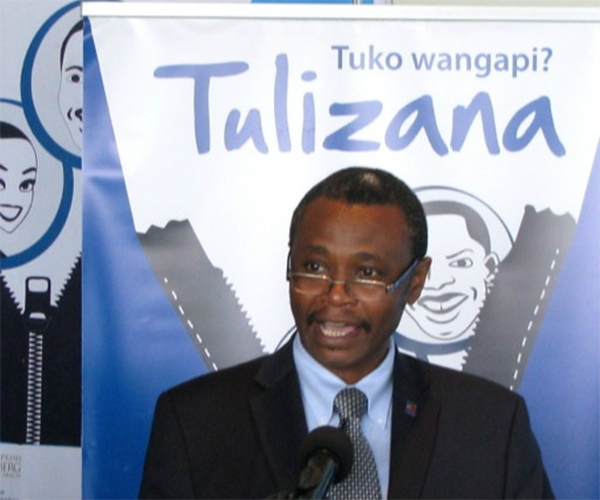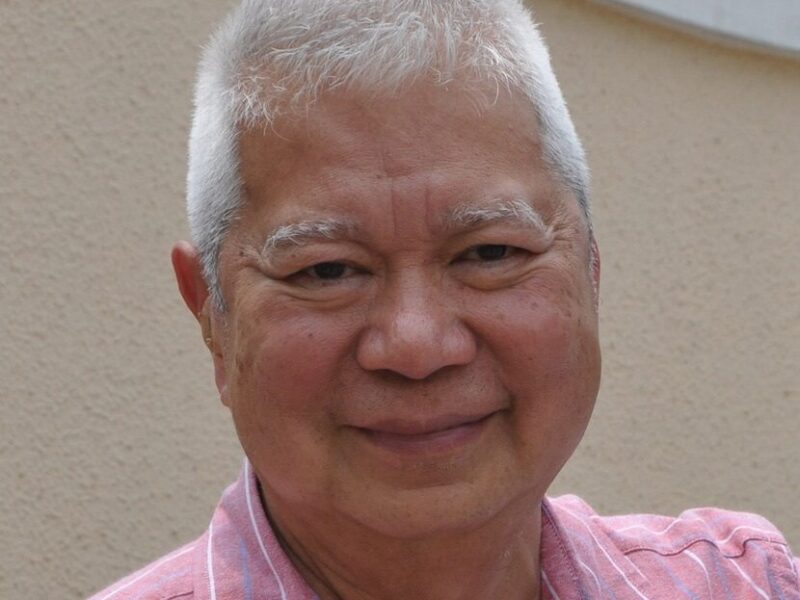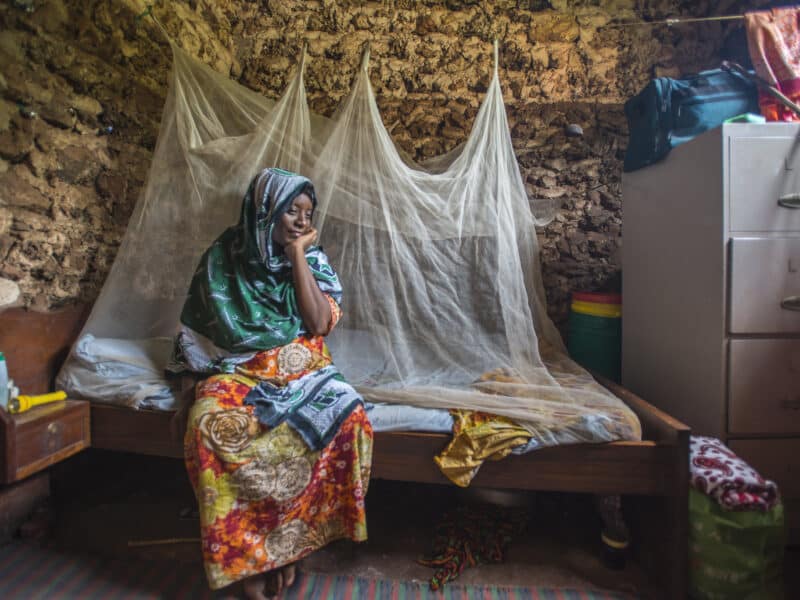The second phase of the innovative concurrent partnerships reduction campaign in Tanzania – Tuko wangapi? Tulizana (How many are we? Settle down) – launched amidst great excitement in early September.
“Concurrent partnership behavior is a challenge in our country, and it is a behavior that brings high health risk in our societies and the nation”, explained Dr. Donald Mbando, Chief Medical Officer at the Ministry of Health and Social Welfare at the September 4th launch. “This behavior is evident in places where we live, work – in schools, colleges, businesses and others. It is a behavior that is rooted in our society.”
Tuko wangapi? Tulizana was created by the Johns Hopkins Bloomberg School of Public Health Center for Communication Program’s (CCP) Tanzania Capacity and Communication Project (TCCP). The first phase of the campaign raised awareness about sexual networks and their resultant risks. During this phase over 33,000 radio spots aired on 19 stations, and over 300,000 community members were reached through the community outreach toolkit. Surveys indicated that 69% of respondents saw or heard the campaign, 58% could correctly complete the phrase Tuko wangapi?, and over 40% of those exposed to the campaign discussed it with someone else. Campaign implementers also saw instances where communities took it upon themselves to extend the campaign’s messages further, including producing signs with the campaign’s slogan.
At the launch of the second phase of the campaign, Mr. Andrew Rebold, Team Leader—Community Health Services at USAID Tanzania, underscored the key differences between the first and second phase. “We have been told time and again, ‘This campaign touches me. It touches everyone,’” he said. “But to be emotionally engaged is not enough – we also want to see real, meaningful behavior change – a shift toward HIV risk reduction behavior, including partner reduction, condom use, and HIV testing and counseling, and, ultimately, a reduction in new HIV infections. This is exactly what Phase II is meant to do.”
Phase II of the campaign concentrates on facilitating solutions, providing tips for building couple communication skills and suggesting ways to reduce outside partnerships. The campaign uses radio spots and interactive programs, print and social media, SMS and community outreach to spread its key messages.
Tuko wangapi? Tulizana is led by the National AIDS Control Program (NACP) of Ministry of Health and Social Welfare (MoHSW) and the Tanzania Commission for AIDS (TACAIDS), with technical assistance from CCP through the support of the US Agency for International Development (USAID) and the President’s Emergency Plan for AIDS Relief (PEPFAR).





